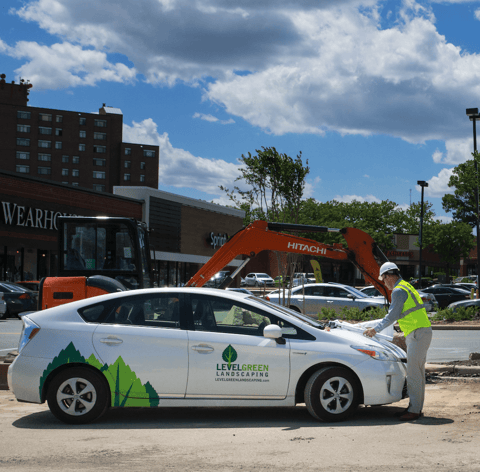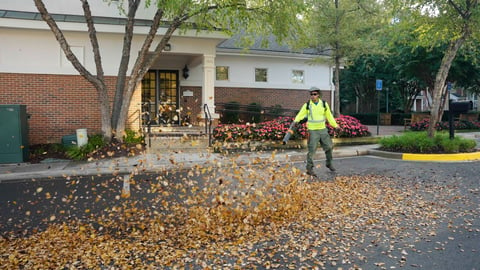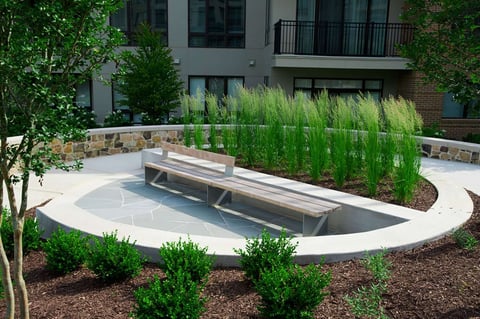
Sustainable Commercial Landscaping: How Level Green Leads by Example
When you’re trying to be smart, responsible, and look out for the earth, it helps if the people around you are on your side.
If you want to help keep the Chesapeake Bay clean and safe, you need a commercial landscaping company with specialized training in how to do that.
If you want to keep harmful winter ice melt products out of the environment, you want a snow removal company that works hard to minimize their damage.
Here at Level Green Landscaping, our livelihood depends on a healthy environment and our team members are nature lovers who care for the earth.
We’re sustainable commercial landscapers who lead by example in the ways we do our work on your property and in our offices.
What do environmentally responsible landscaping companies do on the job every day? Seek out professional training in sound environmental practices. Use electric powered equipment to reduce emissions and noise. Promote native plants, permeable pavers and other earth-friendly choices. Recycle. Use job mapping to avoid waste.
Read More About Sustainable Commercial Landscaping: How Level Green Leads by Example










